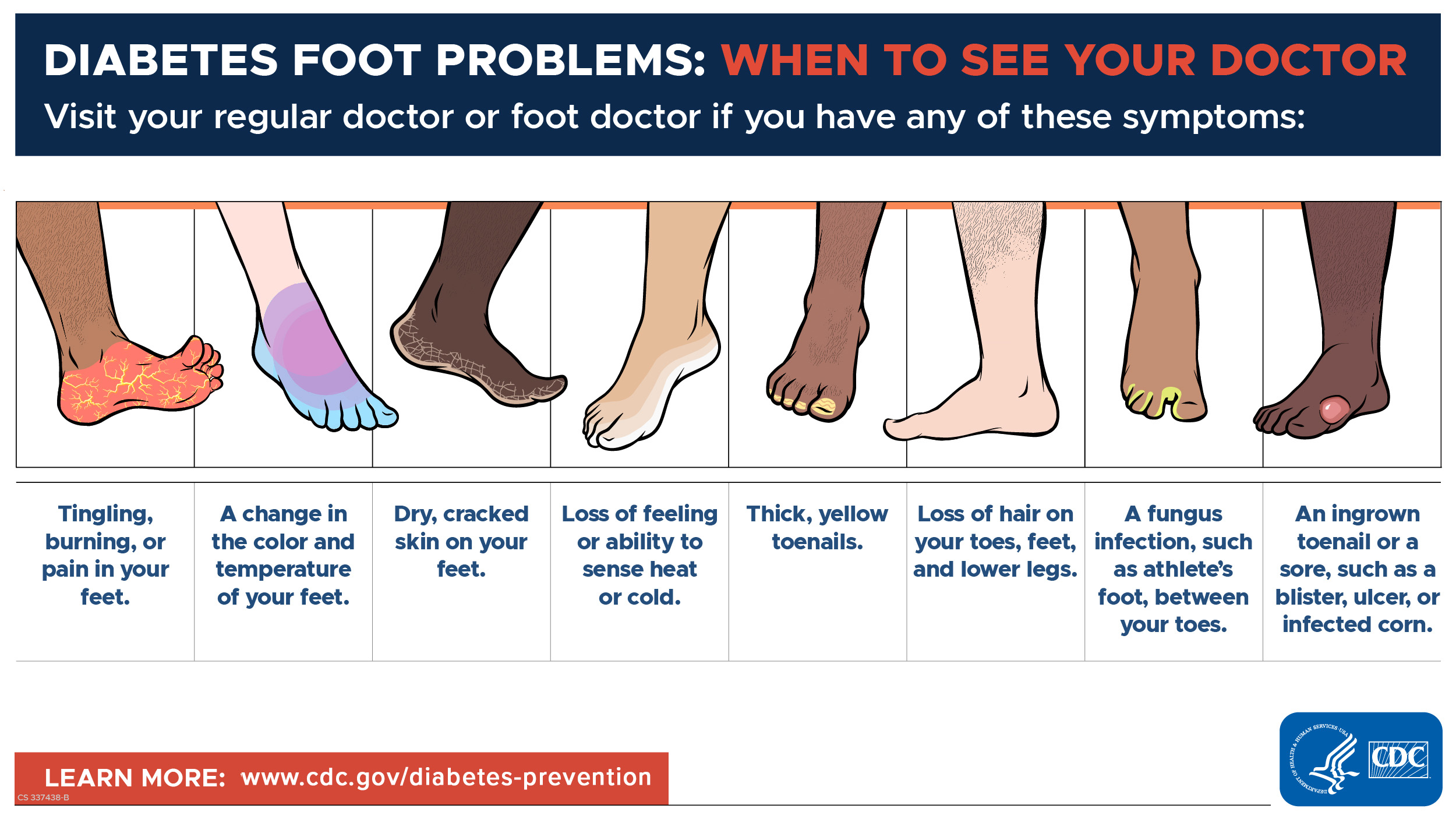Shop At Haya: Your Ultimate Shopping Guide
Discover the best shopping tips, trends, and deals for a smarter buying experience.
Sweet Surprises: Diabetes Myths That Might Shock You
Uncover shocking myths about diabetes that could change everything you thought you knew! Sweet surprises await in our eye-opening blog!
What Are the Most Common Myths About Diabetes?
Diabetes is a complex condition, and with its rise in prevalence, several myths have emerged, misleading many about its nature and management. One of the most common myths is that diabetes is solely caused by consuming too much sugar. While sugar intake can contribute to weight gain, which is a risk factor for Type 2 diabetes, the disease stems from a combination of genetic and lifestyle factors. Additionally, many people believe that all individuals with diabetes must follow a strict sugar-free diet. In reality, those with diabetes can enjoy sweets in moderation if they manage their carbohydrate intake appropriately.
Another prevalent myth is that insulin is only for people with Type 1 diabetes. While it's true that Type 1 diabetes requires insulin for survival, many individuals with Type 2 diabetes also need insulin therapy as their condition progresses. Furthermore, it is commonly thought that diabetes isn't a serious health condition, which is misleading. If left uncontrolled, diabetes can lead to severe complications such as heart disease, kidney failure, and nerve damage. Understanding the truth about diabetes is crucial for effective management and to dispel the stigma surrounding the condition.

Can People with Diabetes Enjoy Sweets? Debunking the Sugar Myth
Many people believe that having diabetes means completely eliminating sweets from their diet, but this is a misconception that needs debunking. While it is essential for individuals with diabetes to manage their carbohydrate intake, sweets can still be enjoyed in moderation. The key lies in understanding how different types of sugars and carbohydrates affect blood sugar levels. For those living with diabetes, it’s crucial to balance their dessert choices with other nutrients, like fiber and protein, which can help mitigate blood sugar spikes.
Furthermore, diabetics can also explore a variety of alternatives to traditional sweets. Many companies now offer products specifically designed for individuals with sugar sensitivities, utilizing low-calorie sweeteners that don’t raise blood sugar levels as significantly as regular sugar. Incorporating these options along with proper portion control allows people with diabetes to indulge their sweet tooth while maintaining their health. Ultimately, embracing a balanced approach to meals and snacks, including moderation with sweets, empowers individuals to enjoy life fully without completely sacrificing their favorite treats.
Is It True That Only Overweight People Get Diabetes?
It is a common misconception that only overweight people develop diabetes, particularly type 2 diabetes. While excess body weight is a significant risk factor, it is not the sole determinant. Genetics, age, and lifestyle choices also play crucial roles in the onset of diabetes. Individuals with a family history of diabetes or those who lead a sedentary lifestyle may be at risk, regardless of their weight. Additionally, other factors such as ethnicity and hormonal changes can contribute to the development of this condition.
Type 1 diabetes, on the other hand, is an autoimmune condition that typically manifests in childhood or adolescence and is not linked to body weight. It is important to understand that diabetes can affect anyone, irrespective of their body size or shape. Maintaining a balanced diet, regular physical activity, and routine health check-ups are essential for everyone in managing the risk of diabetes, making it clear that addressing this issue requires a comprehensive approach rather than focusing solely on weight.